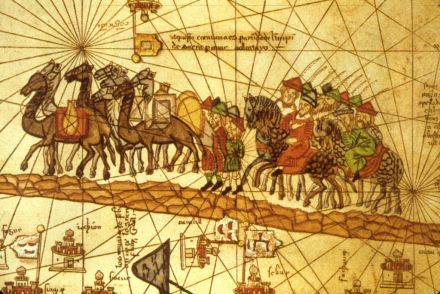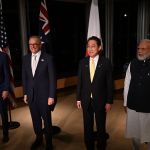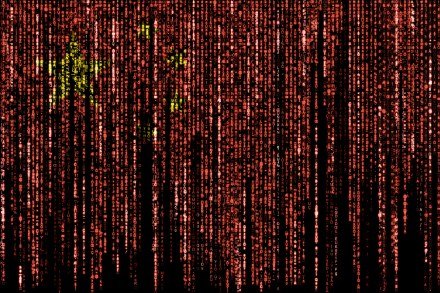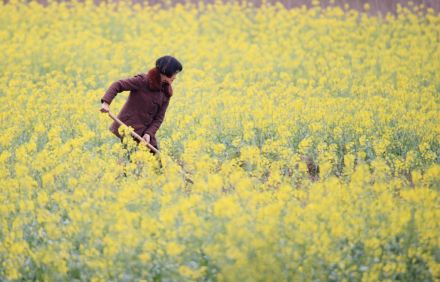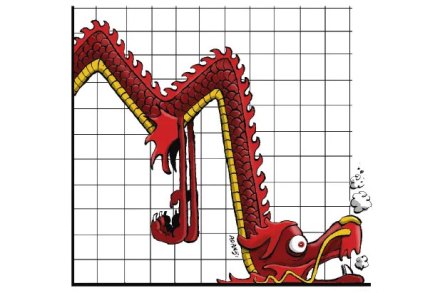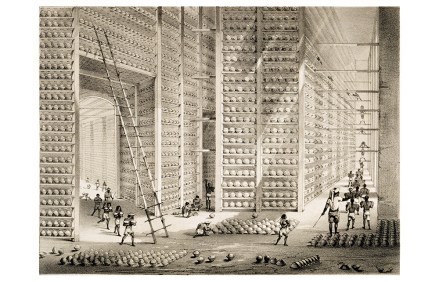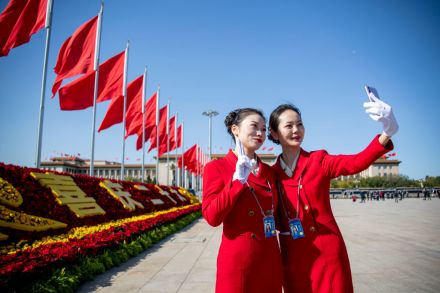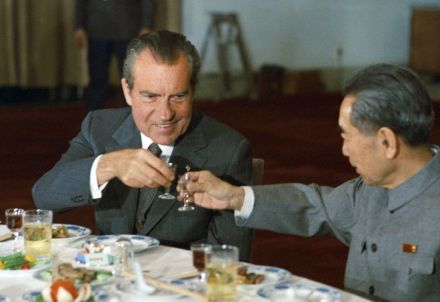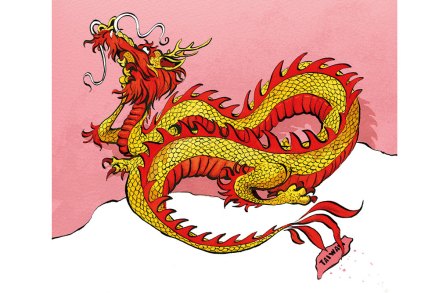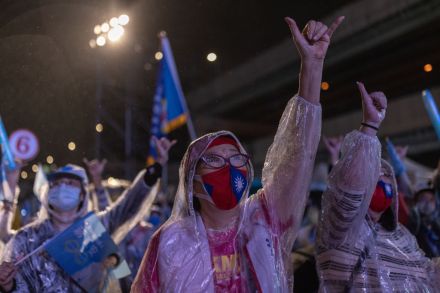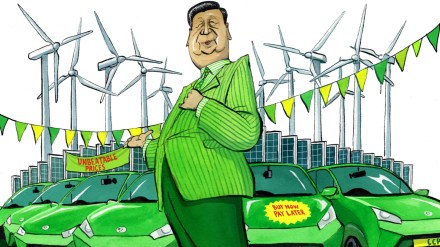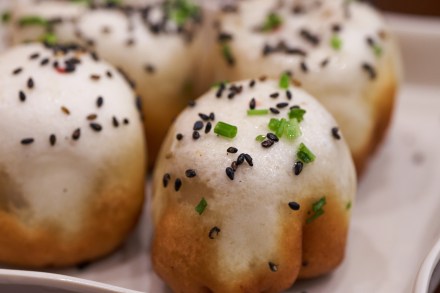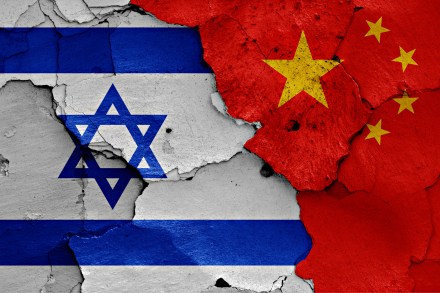Was Marco Polo a ‘sexpat’?
25 min listen
When I recently came across a book review asking the question ‘was Marco Polo a “sexpat”?’, I knew I had to get its author on to, well, discuss this important question some more. The 13th century Venetian merchant Marco Polo’s account of China was one of the earliest and most popular travelogues written on the country. Polo spent years at the court of Kublai Khan, the grandson of Genghis, and whose family founded the Yuan dynasty in China. My guest today, and the author of that book review, is the historian Jeremiah Jenne. Jeremiah has lived in China for over two decades, and he is also the co-host of the fascinating podcast Barbarians
